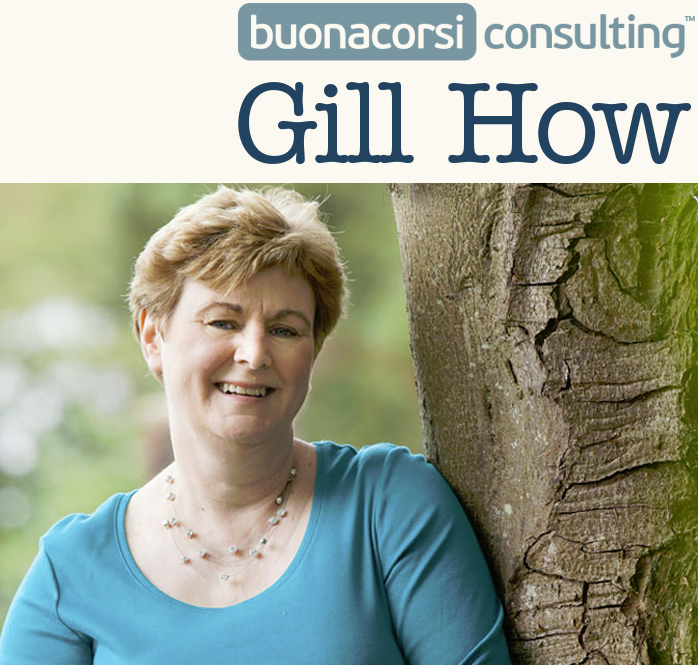Sometimes on our leadership development journeys, we can feel small or scared or stuck.
For example, we may yearn for a next step with our career, but tell ourselves that we can’t get that promotion. Or we tell ourselves that no one would ever give us the necessary buy-in to lead the team, or something else.
So, unilaterally and without talking with others, we reduce our hopes and expectations. We may not even be aware that we feel small and stuck. We tell ourselves this is permanent and forever. We end up going through the motions at work every day, feeling isolated and alone, and not really alive.
Recently I came across this working with a coaching client. She was clear about her strengths, but also clear that she could not use all of them at work. She was adamant that she had no communication strengths when meeting customers on her own, only when her colleagues were present. Nothing would budge her from this idea.
When this happens, my hunch is that we are suffering from limiting beliefs. What’s worse is that we probably don’t realise what these limiting beliefs actually are. We’re also not aware of, or willing to admit to, the unhelpful impact they can have on us and our lives.
It’s not a nice place to be.
What can we do when we are in this place?
We need to become observers of how we speak. We need to listen to how we speak. This is the first step in how we can change our perspective.
Step 1 – Spot the generalisation
It’s really unlikely that the situation is true at all times. There must be an exception somewhere, mustn’t there? Just a tiny little one? Using my client example, when you were able to talk to a customer effectively on your own?
And if we can think of one person, or one occasion when it wasn’t a problem, then we can break the lock. It becomes clear that what we are saying about ourself or the situation is not true, at least not all the time. We can start to think differently, more creatively, curiously and possibility focussed, for ourselves.
Step 2 – Notice where the power lies
When we feel small or stuck, do we sound powerless? Do we get feedback from others about how low, stuck or rigid we sound about the thing in question. If there is a limiting belief here, have we, maybe without knowing, given it power over us? Have we allowed a hierarchy to take a role?
Here’s the thing. What if we were to see ourselves equal to our beliefs and not less than. Could we have a different conversation with our belief? Can we look at power differently, to take us on a different path of thinking?
Step 3 – Get curious about binary language
When you think about how you speak, is your language binary? Is it full of either/or? Are there just two options, neither of which appeal or feel possible?
As soon as you spot that your language about your challenge is binary, can you coach yourself to develop six options, or six alternatives perspectives for what a next step could be? This can give you choice. I’m wondering, what questions could you ask yourself when you spot binary language?
Are you still not sure what I am talking about? Are you wondering about how this could apply to you (or a colleague, team member or someone at home)?
Here are some unhelpful beliefs I often hear from coaching:
- My work needs to be perfect for me to progress
- I can’t tell my boss about my good work
- They won’t listen to me
- I can’t do small talk or networking
- It doesn’t work like that round here
- We would never get a budget for that
- Our strategy excludes that
- I would have to move to London for a job like that.
Finding the limiting belief in your language, having a good look at it from the position of a peer, finding out whether it’s true, true all the time, or needs to be true now, could make all the difference to what happens next.
Gill How has a passion for International Leadership Development and Executive Education. She is a National Training Award Winner and a Master Executive Coach. She loves to work with leaders, managers and professionals, to develop their awareness and skills, to enhance their work with their teams, their performance and results. If she can add value to your team, whether you are an L&D Director or a Leadership Development consultancy,and would like a coffee or conversation get in touch.





